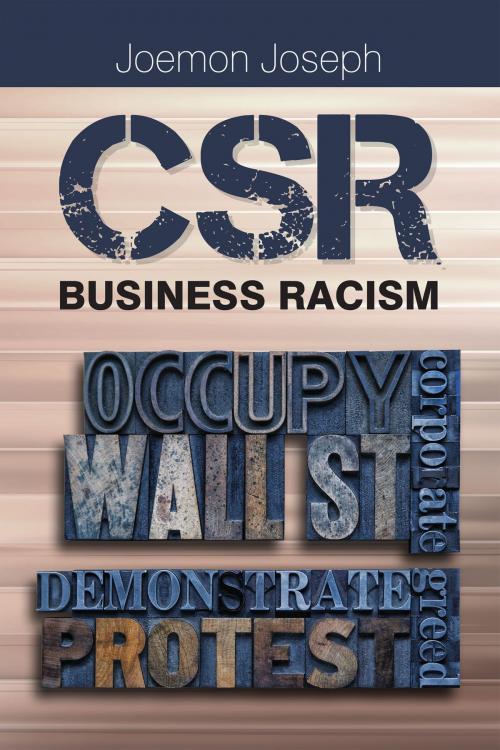| Author: | Joemon Joseph | ISBN: | 9789383808663 |
| Publisher: | Notion Press | Publication: | December 15, 2009 |
| Imprint: | Notion Press | Language: | English |
| Author: | Joemon Joseph |
| ISBN: | 9789383808663 |
| Publisher: | Notion Press |
| Publication: | December 15, 2009 |
| Imprint: | Notion Press |
| Language: | English |
Corporate Social Responsibility is an elastic term, mainly talked about only in relation to the big companies. The term CSR has had significance at a time when the world did not witness various categories of industries and organizations. But now the situation has changed so dramatically that the industries and establishments at various levels, starting from the micro enterprises to the biggest corporation, have a space to play their respective role. Presently, more than 90 percent of businesses across the world are accounted for by Small and Medium Enterprises (SMEs). Notably, the SMEs also provide employment to over 50 percent of the world’s population.Unfortunately, CSR initiatives, so far, have tended to focus mainly on large and multinational companies (MNCs).The CSR has to get a wider spread and also there is a need to bring about extensive changes in the perspectives. The vehement resistance that we witness against the establishment of industries clearly suggests that there is a wide communication gap, misunderstanding and disillusionment in society. If the principle of CSR is implemented in the proper manner, it can go a long way in solving and preventing many issues that are now commonly seen on the scene. The term CSR, therefore, requires a paradigm shift. The concept is to be suitably modified and has to be applied across the spectrum, for which we require a broad framework and a comprehensive set of rules.The ultimate objective of this work is to highlight and garner support for moving towards new vistas of thinking, whereby all industries and business establishments would embrace the need to feel more committed and obliged towards the requirements of the society.
Corporate Social Responsibility is an elastic term, mainly talked about only in relation to the big companies. The term CSR has had significance at a time when the world did not witness various categories of industries and organizations. But now the situation has changed so dramatically that the industries and establishments at various levels, starting from the micro enterprises to the biggest corporation, have a space to play their respective role. Presently, more than 90 percent of businesses across the world are accounted for by Small and Medium Enterprises (SMEs). Notably, the SMEs also provide employment to over 50 percent of the world’s population.Unfortunately, CSR initiatives, so far, have tended to focus mainly on large and multinational companies (MNCs).The CSR has to get a wider spread and also there is a need to bring about extensive changes in the perspectives. The vehement resistance that we witness against the establishment of industries clearly suggests that there is a wide communication gap, misunderstanding and disillusionment in society. If the principle of CSR is implemented in the proper manner, it can go a long way in solving and preventing many issues that are now commonly seen on the scene. The term CSR, therefore, requires a paradigm shift. The concept is to be suitably modified and has to be applied across the spectrum, for which we require a broad framework and a comprehensive set of rules.The ultimate objective of this work is to highlight and garner support for moving towards new vistas of thinking, whereby all industries and business establishments would embrace the need to feel more committed and obliged towards the requirements of the society.















